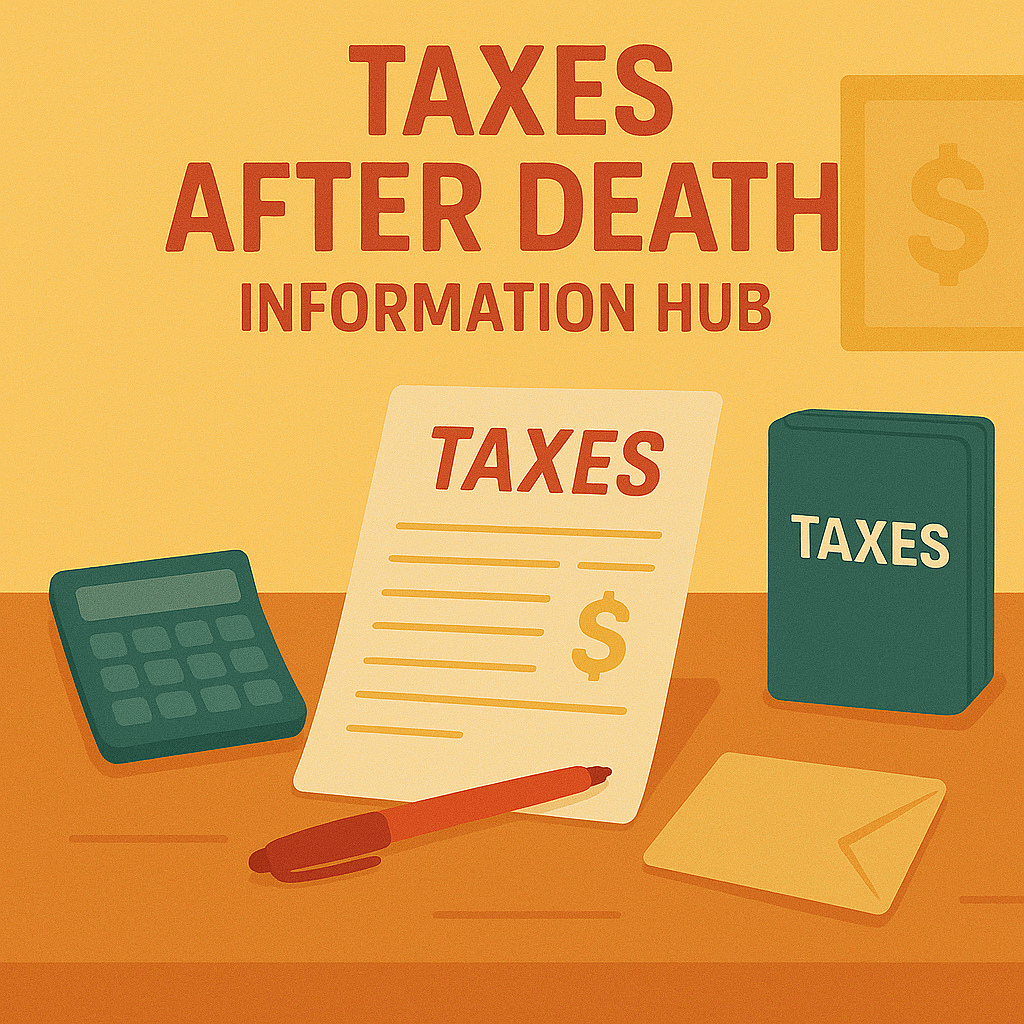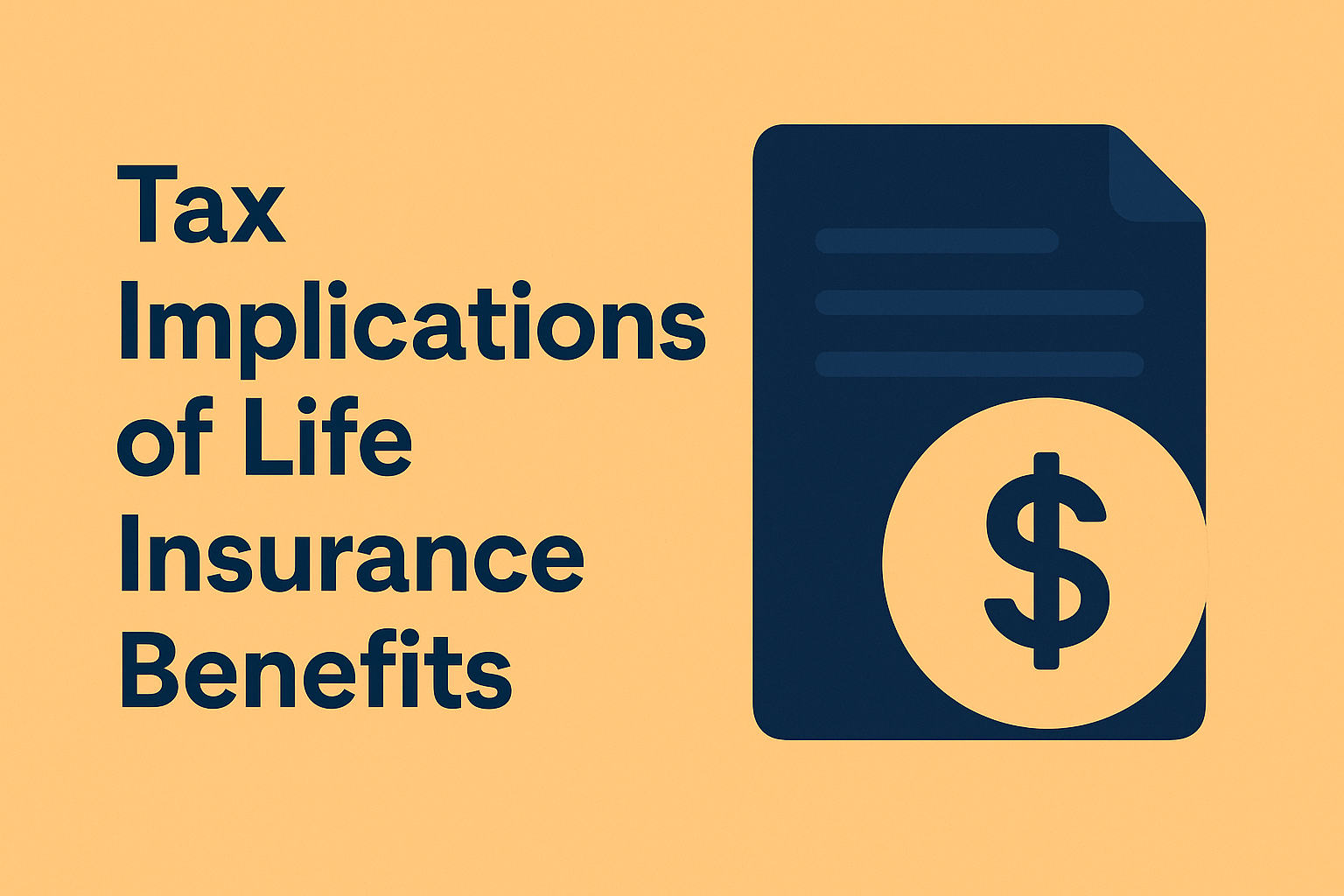Understanding Estate, Inheritance & Final Taxes
The Taxes After Death Hub
After someone passes away, their financial obligations don’t disappear. Understanding how estate, inheritance, and final income taxes work is essential for executors, heirs, and beneficiaries. Proper tax planning ensures that estates are settled efficiently, assets are distributed correctly, and unnecessary penalties or legal issues are avoided. Whether you’re preparing your own estate or managing a loved one’s affairs, knowing the tax implications can help prevent costly mistakes.

Key Things To Know
Handling taxes after death requires careful planning and legal compliance. Here’s what to keep in mind.
- A final income tax return must be filed: The deceased’s last income tax return (Form 1040) is typically due by Tax Day of the following year.
- Estate taxes apply above certain thresholds: Federal and some state estate taxes may apply if the estate's total value exceeds the exemption limit.
- Inheritance taxes vary by state: Some states impose inheritance taxes on beneficiaries, depending on their relationship to the deceased.
- Debts and taxes must be settled before distributing assets: Executors must ensure all outstanding tax obligations are paid before heirs receive their inheritance.
- Proper estate planning can reduce tax burdens: Trusts, gifting strategies, and tax-efficient planning can help minimize estate and inheritance taxes.
Checklists, Guides, & Resources
Buried in Work offers a variety of checklists, guides, and other resources. Below are some of the most popular ones related to this information hub.
Find A Service Provider Near You
Need professional assistance? Use our directories to find trusted service providers near you who specialize in estate planning, end-of-life organization, and related services.
Articles
Frequently Asked Questions
Have questions about tax obligations after death? Here are answers to common concerns.
General Information
Estate & Inheritance Taxes
Final Tax Returns
Disclaimer: The information provided on this website and by Buried in Work is for general informational purposes only and should not be considered legal advice. Please consult with a qualified attorney or subject matter expert for advice specific to your situation.





